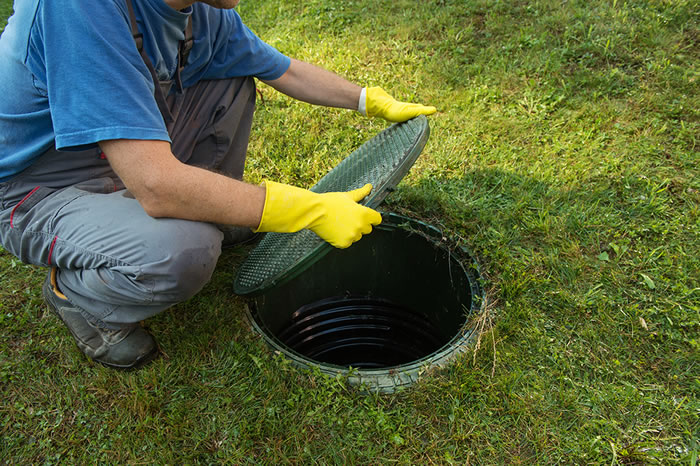
15
If you live in a home that is not connected to a public sewer system, chances are you have a septic system in place. Septic systems are underground wastewater treatment systems that are commonly used in rural and suburban areas. They require regular maintenance to ensure they function properly, including septic tank pumping and hiring a reliable septic company. In this article, we will provide you with essential information about septic systems, including the importance of septic tank pumping and how to choose a septic company that matches your standards.
Septic systems are typically composed of two main components: a septic tank and a drain field. Wastewater from your home flows into the septic tank, where solid waste settles to the bottom and liquid waste floats to the top. Bacteria in the tank break down the solid waste, while the liquid waste is filtered through the drain field, where it is absorbed into the ground.
Over time, solid waste accumulates in the septic tank and forms a layer of sludge at the bottom. If the sludge is not removed regularly through septic tank pumping, it can build up and cause problems such as clogged drain lines, backups, and even system failure. The frequency of septic tank pumping depends on various factors, including the size of the tank, the number of occupants in the home, and the amount of water used. As a general rule of thumb, septic tanks should be pumped every 3-5 years, but it's best to consult with a professional from Charlotte Septic Pros to determine the appropriate pumping schedule for your specific system.
Septic tank pumping is a critical maintenance task that should not be overlooked. Hiring a reputable septic company to perform the pumping is essential to ensure the job is done properly and safely. When choosing a septic company in Matthews, here are some key factors to consider:
While choosing the right septic company is crucial, it’s also important that you do your part as a septic owner. This includes regular maintenance and treating your septic system with care. By working together, your septic system will be in great shape and ready to function every day.

22
Can Bacteria Additives Eliminate the Need for Pumping? If you own a home with a septic system, you’ve probably seen…
Read more
12
A single slow drain in your home can feel like a minor inconvenience. Maybe the sink takes a little longer…
Read more
05
Are Slow Drains a Septic Issue or Just a Clog? Slow drains are one of those household problems that start…
Read more
02
What Septic Service Techs See That Homeowners Miss Most homeowners only think about their septic system when something goes wrong.…
Read more
21
Simple Habits That Protect Your Septic System A well-functioning septic system does its job quietly, but the moment something goes…
Read more
14
Pump Now or Pay Later: The Real Cost of Skipping Maintenance A properly functioning septic system is easy to forget…
Read more
11
Why Your Septic System Always Acts Up at the Worst Time Homeowners often feel that septic problems strike at the…
Read more
04
Early Warning Signs Your Septic Tank Needs Pumping For homeowners who rely on a septic system, routine maintenance is not…
Read more
29
Why Does My Septic System Smell Fine One Day and Terrible the Next? If you own a home with a…
Read more
19
Is Your Septic System Overdue? Simple Home Checks You Can Do Today For many homeowners, the septic system is a…
Read more